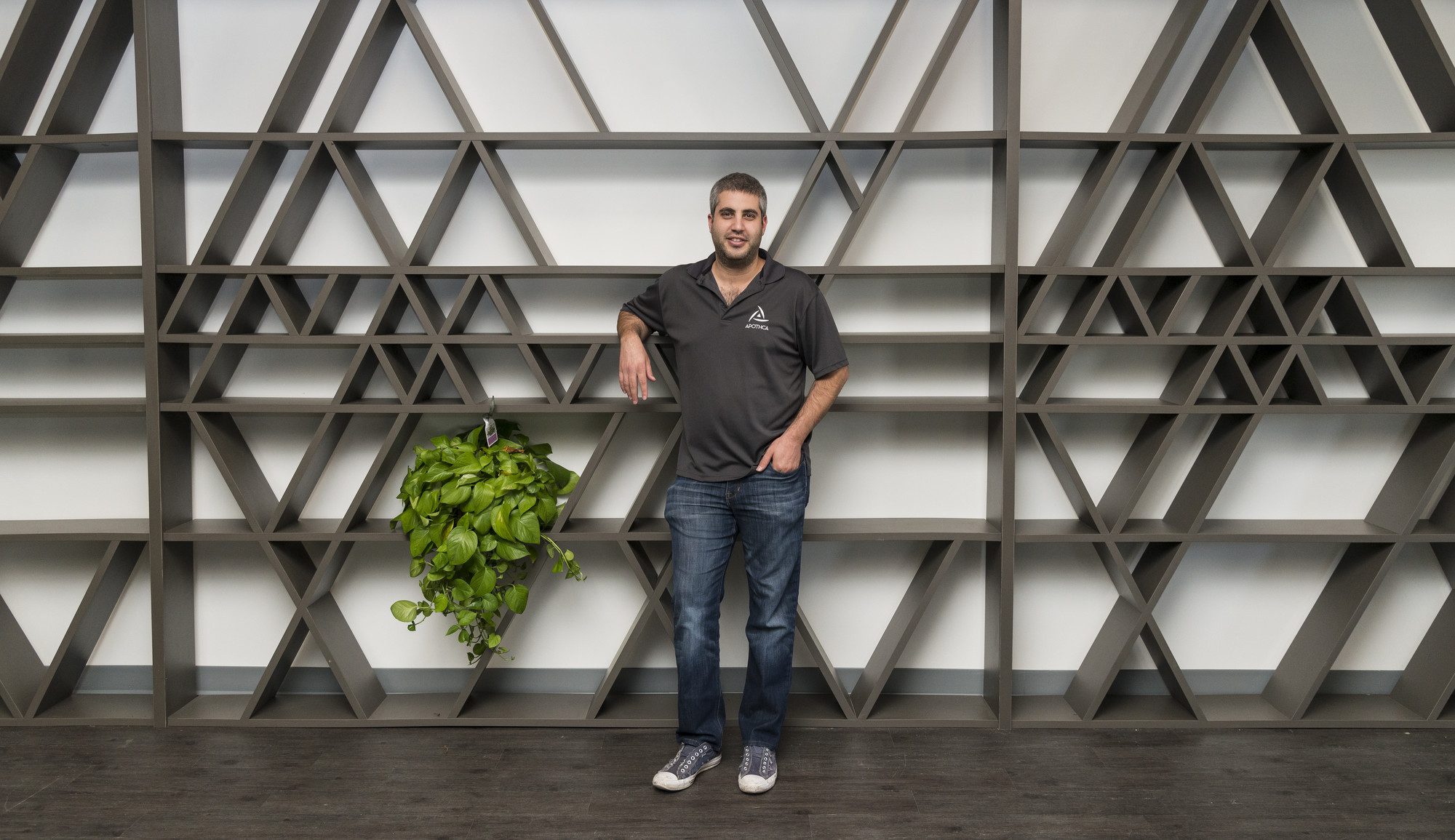LYNN — The city’s first medical marijuana facility and pot shop is set to open in October on the Lynnway.
Newton-based Massachusetts Patient Foundation (MPF), which operates dispensaries in Oregon and Colorado, has signed a host agreement with the city to open a medical marijuana dispensary at the 4,631-square-foot Cooper-Lewis building, which would also contain a recreational pot shop.
The company still has to have its special permit approved by the City Council for the recreational component to the facility. Its special permit was approved for medical marijuana retail sales last August.
Under the host agreement, MPF will provide the city with 6 percent of annual gross revenues. The company was required to pay the city $100,000 upon the execution of the agreement.
Joseph Lekach, MPF’s cofounder, said the company will have its sales ready inspection done by the Department of Public Health in September, with the facility expected to be open for medical patients in October.
Medical users, who have to present a card issued by a doctor, will have access to the entire facility and there will be separation for recreational customers. There are a separate set of regulations that come with the medical side of the building.
In Massachusetts, only people with certain debilitating medical conditions qualify for a medical marijuana card, including those with cancer, glaucoma, HIV/AIDS, Hepatitis C, Lou Gehrig’s disease, Crohn’s disease, Parkinson’s disease, or multiple sclerosis.
Lekach said there will always be 35 percent of the inventory designed for medical patients only, which guarantees that they never run out of supplies for them. Marijuana will be the same price for both adult use and medical customers, but he said the big difference is taxation.

Adult use, or recreational, customers are taxed at 20 percent, while medical customers are taxed at zero percent, he said.
“We’re excited,” said Lekach. “I think that Lynn is a city we’d love to work in. It’s going to be excellent because we get to serve the patients and community as a whole and we’re honored to be the first one.”
Lekach said their cultivation and processing site is in Fitchburg at the former Bayer pharmaceutical campus.
Lekach said MPF is leasing the building at 487-491 Lynnway, where significant renovations are underway. Work includes fixing walls, flooring, closing up skylights and putting in new lighting, electricity and plumbing. He declined to give an exact cost but said the company was paying “give or take” about $500,000 to renovate the building.
Initially MPF was approved for a medical clinic, before recreational use was on the table.
Lekach said the recreational component could also appeal to medical patients who would otherwise not get medical cards, but could benefit from cannabis use, or for those people who have qualifying debilitating conditions but don’t want to be entered into the state medical database.
The Council also approved another medical marijuana clinic in the city last year. Old World Remedies, a Marblehead company, plans to operate a shop on Western Avenue, but is trying to find a place to grow the marijuana. The company also has intent for a recreational shop at the site, according to James Lamanna, the city’s attorney.
They have their approval in hand, but can’t operate because they have to grow on the medical side, Lamanna said.
In 2016, the City Council approved a plan to bring two medical marijuana clinics to the city. Ward 6 City Councilor Peter Capano said he voted against limiting those two clinics to his ward, but the council decided in a majority vote to put them there.
“I was opposed to it going there,” Capano said of MPF’s clinic. “I thought the way they picked these zones for the dispensaries was not fair and it should have been opened up to the whole city. Having said that, they’re there now and I’m hoping it works out.”
Capano said he doesn’t like having recreational shops in his ward either — as many as six recreational pot shops can open in the city but can’t be near schools.
“Ward 6 can’t be the marijuana capital of the city,” Capano said.
In 2012, Massachusetts voters approved making marijuana legal for medical use and in 2016, pot for recreational use was approved at the polls.
This story has been updated.

